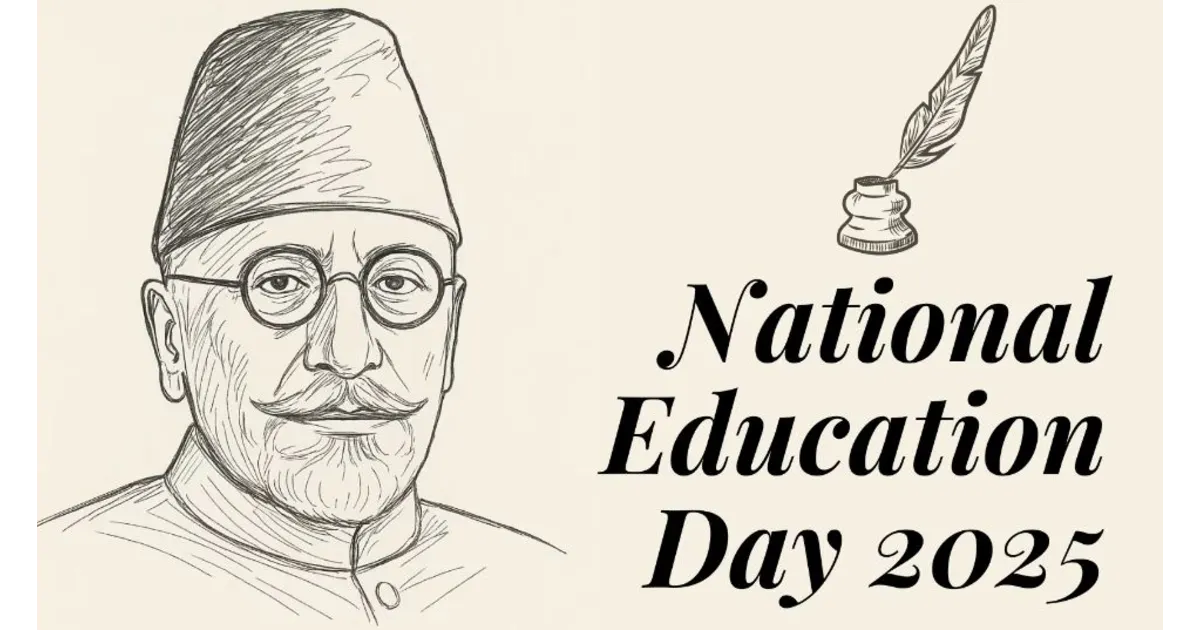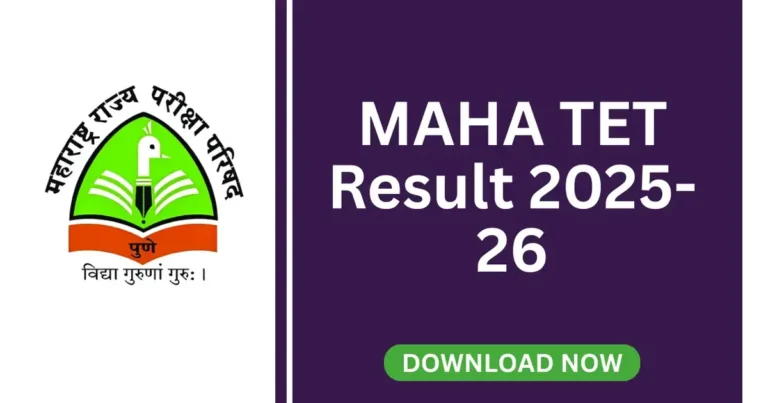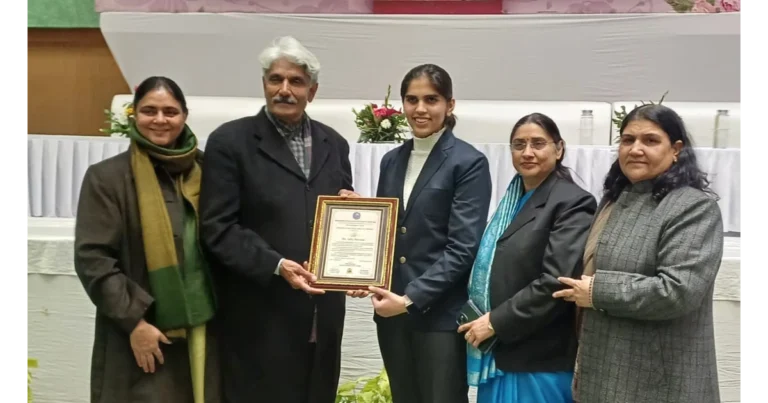
Every year, on November 11, India commemorates National Education Day, a tribute to Maulana Abul Kalam Azad, the nation’s first Education Minister and a visionary advocate for learning and literacy.
Origins of National Education Day
In September 2008, the Ministry of Human Resource Development (now the Ministry of Education) officially declared November 11 as National Education Day. This date marks the birth anniversary of Maulana Azad and provides an opportunity to recognize his monumental contributions to India’s educational landscape.
Significance of November 11
National Education Day is observed annually to encourage dialogue on enhancing the country’s education system. Schools, colleges, and universities celebrate the day through seminars, workshops, essay competitions, and awareness campaigns, all highlighting the importance of accessible education. The observance also reinforces the constitutional commitment to education as a fundamental right, emphasizing that education nurtures critical thinking, innovation, and societal progress, not merely academic success.
Maulana Abul Kalam Azad: A Lifelong Commitment to Learning
Born on November 11, 1888, in Mecca, Maulana Abul Kalam Azad emerged as a distinguished scholar, journalist, freedom fighter, and reformist leader. His family later settled in Kolkata, where he studied Arabic, Persian, and Islamic theology. Alongside his traditional education, Azad developed an avid interest in Western philosophy, literature, and science, shaping his broad-minded perspective.
Azad’s career as a writer and thinker was marked by his opposition to colonial rule and his advocacy for national unity. He founded the Urdu weekly publications Al-Hilal and Al-Balagh, which became powerful platforms for anti-colonial thought. His political journey included serving as one of the youngest presidents of the Indian National Congress in 1923 and collaborating closely with Mahatma Gandhi in the struggle for independence.
Education Reforms Under Maulana Azad
After India gained independence, Maulana Azad became the first Education Minister. His tenure brought visionary reforms aimed at transforming education into a tool for social upliftment and national development. Azad championed universal primary education, adult literacy, and technical training, believing that education should empower all citizens regardless of social or economic background. In recognition of his enduring contributions, he was posthumously awarded the Bharat Ratna in 1992.
Lasting Legacy in Indian Education
Maulana Azad’s impact on Indian education is profound. He played a pivotal role in establishing the University Grants Commission (UGC), Indian Institutes of Technology (IITs), and the Indian Institute of Science (IISc) in Bangalore. He strengthened the All India Council for Technical Education (AICTE) and promoted research, science, and innovation.
Beyond formal education, Azad valued cultural and literary growth, founding institutions like the Sahitya Akademi, Lalit Kala Akademi, and Sangeet Natak Akademi, which continue to celebrate India’s rich cultural heritage.
Why National Education Day Honors Maulana Azad
The day commemorates Maulana Azad’s unwavering belief that education is the foundation of a just, inclusive, and progressive society. He recognized that true independence required not just political freedom but educational empowerment for all, transcending barriers of caste, class, and gender.
International Education Day
While India celebrates National Education Day on November 11, the International Day of Education is observed globally on January 24. Proclaimed by the United Nations, this day highlights the critical role of education in promoting peace and development. The 2025 theme, “AI and education: Preserving human agency in a world of automation,” emphasizes how education equips individuals to navigate technological advancements responsibly. The international observance aligns with Sustainable Development Goal 4, advocating for inclusive and equitable quality education worldwide.







